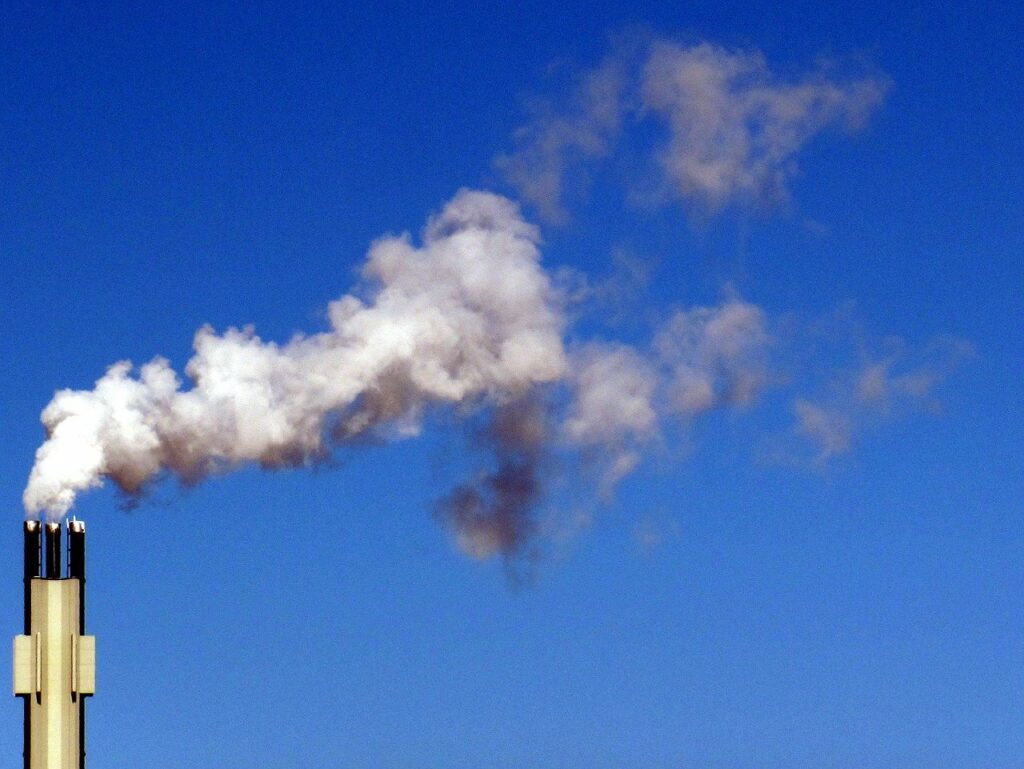Energy UK has added its voice to those calling for energy to be at the centre of a green recovery from COVID-19.
Produced in partnership with PwC, the energy association has outlined five key policies in a new report entitled Rebuilding the UK economy: Fairer, cleaner, more resilient.
These include accelerating the transition to low carbon transport by incentivising the uptake of electric vehicles (EVs) through long term funding packages and a zero-emission scrappage scheme. Additionally, the government should look to adopt recommendations made by the EV Energy Taskforce that called for investment in infrastructure, as the number one reason people do not switch to EVs is fear of a lack of charge points, it said.
Housing infrastructure upgrades were also a key policy highlighted by Energy UK, with a key focus on retrofitting homes of those who are vulnerable and in less affluent areas of the UK. This would include delivering on the £6.3 billion of funding pledged for energy efficiency in the Conservative Party’s manifesto, and include switches to low carbon heating such as heat pumps.
Unlocking further private investment into low carbon energy is the next priority, with the need for flexible and digital solutions key as they could save the UK £39 billion by future-proofing the country before 2050’s net zero target.
Audrey Gallacher, Energy UK’s interim chief executive, said the UK has a head start thanks to our “world-leading role in low carbon technologies” but we must act quickly to maintain our place.
“By working in partnership with government to get the right policy framework and incentives in place, our industry stands ready to build further on the £14 billion it already invests every year to power our economic recovery and help meet the net zero target.”
Accelerating the development of low carbon clusters and bolstering local supply chains forms another of Energy UK’s policy suggestions. It points to carbon capture, utilisation and storage (CCUS) projects such as the Zero Carbon Humber project as an example of where this is already starting to take place.
The benefits of economic stimulus for energy are far reaching, said Gallacher, as “the size and reach of our industry, coupled with the scale of the work needed to reach our net-zero ambitions, can provide the stimulus and opportunities we need – delivering the biggest payback on investment in terms of benefits to the economy, environment and customers”.
By the end of this decade, 850,000 jobs could be created in the green energy sector with the right stimulus the association adds.
Janine Freeman, PwC’s new energy leader and co-author of the report, added: “The crisis has also made us think differently about the way we live and the world we want to live in. Public opinion has shifted on our reliance on global supply chains and on how we can harness digital technology to work and trade more remotely. So this terrible experience provides us with a unique opportunity – an opportunity to pivot and to create jobs in a fairer, cleaner and more resilient economy.”
Finally, Energy UK calls for support for workers, businesses and local authorities as they come through this crisis.
Gallacher, adds: “The pandemic has delivered a huge blow to the economy and people’s daily lives. The size of this impact must be matched by the scale of our recovery – and be mirrored by our ambition to transform our entire economy to meet the net-zero target.
“The need to kickstart our economy after this huge shock does however present an unprecedented opportunity to shape and reset our future which we must seize. We must ensure our recovery is based around creating a clean, sustainable and resilient low carbon economy which delivers opportunities and benefits across the whole country and for a population hit hard by this crisis.
The association joins the likes of the International Energy Agency, the Aldersgate Group, the Energy Efficiency Infrastructure Group, the Committee on Climate Change and the Confederation of British Industry, who have all called for a green recovery, that call on the government to prioritise decarbonisation and highlight the economic benefits of such.
Freeman finished: “Lockdown has given us a glimpse into the energy system of the future: low electricity demand driven by the closure of businesses has caused periods of negative power prices. New system balancing measures have been required and we can expect to see an increasing need for such tools as our energy system transitions.
“There is now a golden window of opportunity for the industry to transform service models, develop new products and services in response to a greater focus on technology and sustainability, and to strengthen their relationships with customers.”





